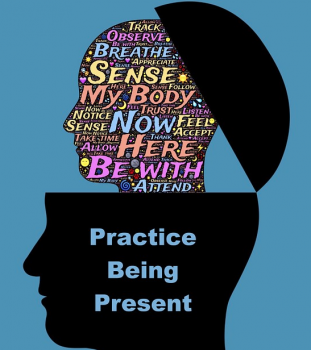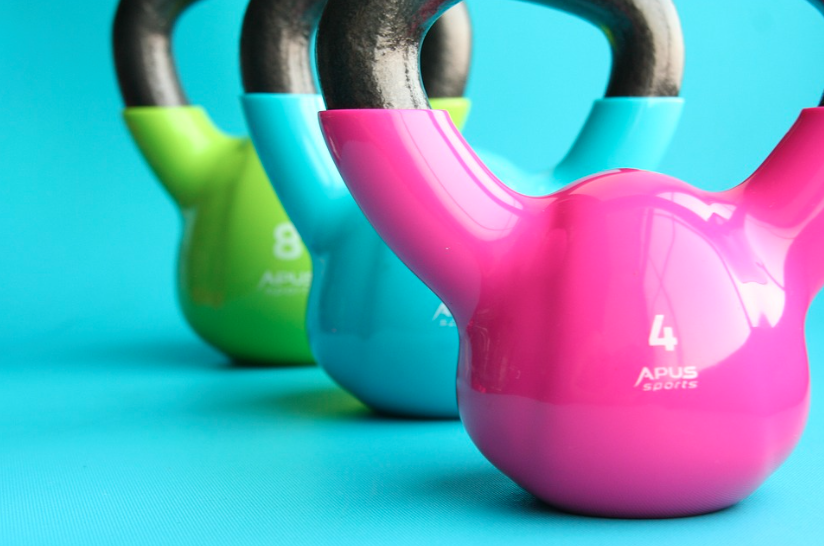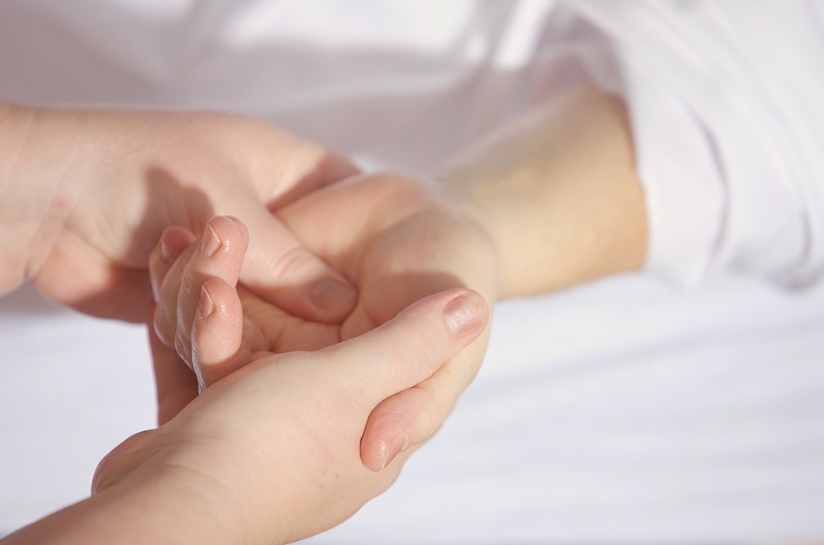Many causes of anxiety are out of our control. Here are some options that might be helpful.
Practicing Mindfulness Along With Meditation
Genes, neurotransmitter chemicals in your brain, certain in events in your life, structures in your brain called amygdalae, and personality can all cause anxiety and panic. However, meditation and mindfulness are ways to help curb your anxiety, and help to keep it from coming back as frequently. Humans have an average of 70,000 thoughts per day, and if you have anxiety, these thoughts can over power your brain with worry, ruining your life. Meditation can help to retrain your brain to think in a different way. We need to realize that worrying about a certain problem only makes it worse in our minds , and does nothing to actually solve the problem. For example, if you are anxious that your family member has not answered their phone, this could trigger anxiety that something bad has happened. When we learn to meditate, we can get out of our heads in a sense, and rationalize these “worst-case scenario” thoughts. Have they not answered their phone before? Did you think the worst then? Probably not, and they were fine. So just because we are worried that something bad has happened, that doesn’t mean it is going to magically manifest those thoughts into happening, we need to think rationally. Wake Forest Baptist Medical Center performed a study that provides information on how mediation helps anxiety on a neural level, “Anxiety was significantly reduced in every session that subjects meditated. Brain imaging found that meditation-related anxiety relief was associated with activation of the anterior cingulate cortex, ventromedial prefrontal cortex, and anterior insula. These areas of the brain are involved with executive function and the control of worrying. Meditation-related activation of these three regions was directly linked to anxiety relief. Activation of the anterior cingulate cortex—the area that governs thinking and emotion—is the primary region believed to influence a decrease in anxiety. These findings provide evidence that mindfulness meditation attenuates anxiety through mechanisms involved in the regulation of self-referential thought processes. Subjects who exhibited a greater default-related activity (i.e. posterior cingulate cortex) reported greater anxiety, possibly reflecting an inability to control self-referential thoughts.”
, and does nothing to actually solve the problem. For example, if you are anxious that your family member has not answered their phone, this could trigger anxiety that something bad has happened. When we learn to meditate, we can get out of our heads in a sense, and rationalize these “worst-case scenario” thoughts. Have they not answered their phone before? Did you think the worst then? Probably not, and they were fine. So just because we are worried that something bad has happened, that doesn’t mean it is going to magically manifest those thoughts into happening, we need to think rationally. Wake Forest Baptist Medical Center performed a study that provides information on how mediation helps anxiety on a neural level, “Anxiety was significantly reduced in every session that subjects meditated. Brain imaging found that meditation-related anxiety relief was associated with activation of the anterior cingulate cortex, ventromedial prefrontal cortex, and anterior insula. These areas of the brain are involved with executive function and the control of worrying. Meditation-related activation of these three regions was directly linked to anxiety relief. Activation of the anterior cingulate cortex—the area that governs thinking and emotion—is the primary region believed to influence a decrease in anxiety. These findings provide evidence that mindfulness meditation attenuates anxiety through mechanisms involved in the regulation of self-referential thought processes. Subjects who exhibited a greater default-related activity (i.e. posterior cingulate cortex) reported greater anxiety, possibly reflecting an inability to control self-referential thoughts.”

Mindfulness makes us focus on the present, and count the blessings that we have. Worry is always about the past or the future, and nothing can be done about these. All we have the power to really do anything about is the present! The key is NOT to try and block out these feelings altogether, this will just be more stressful because the thoughts are so strong. Rather, we have to acknowledge the problem and let it go by without emotionally attaching to it. One exercise that you can do to help anxiety is to picture your worry as a passing cloud. You are lying in a field looking up and the sky. There are passing clouds that look like shapes but you don’t try to figure out what they are, you just let them pass. You can acknowledge these thoughts and say “Wow that’s interesting”, but nothing more. If the same cloud comes around multiple times just be aware.
Exercising The Anxiety Away
Sometimes it is hard to think that a workout could help your anxiety. Working out is stimulating and some would guess that this would make anxiety worse, but this is not the case. The Anxiety and Depression Association of America gives insight into how exercising helps alleviate anxiety: “When stress affects the brain, with its many nerve connections, the rest of the body feels the impact as well. Or, if your body feels better, so does your mind. Exercise and other physical activity produce endorphins — chemicals in the brain that act as natural painkillers — and also improve the ability to sleep, which in turn reduces stress. Scientists have found that regular participation in aerobic exercise has been shown to decrease overall levels of tension, elevate and stabilize mood, improve sleep, and improve self-esteem. About five minutes of aerobic exercise can begin to stimulate anti-anxiety effects.” It is even better if you can do this outside to raise your vitamin-D levels, and to appreciate some scenery to lessen anxiety.

Conscious Breathing
 Conscious, controlled breathing is also very helpful to curb anxiety. “Research has shown that breathing exercises like these can have immediate effects by altering the pH of the blood, or changing blood pressure.” When we concentrate on breathing, we can turn our thoughts to ourselves, and try to really focus on each breath. This is also helpful because anxiety is also associated with shallowness of breath. An exercise that you can do is breathe in for 4 seconds and out for 6. You can also practice focusing on the breath, and how this sensation feels in different parts of your body. Doing this will help the brain concentrate and relax.
Conscious, controlled breathing is also very helpful to curb anxiety. “Research has shown that breathing exercises like these can have immediate effects by altering the pH of the blood, or changing blood pressure.” When we concentrate on breathing, we can turn our thoughts to ourselves, and try to really focus on each breath. This is also helpful because anxiety is also associated with shallowness of breath. An exercise that you can do is breathe in for 4 seconds and out for 6. You can also practice focusing on the breath, and how this sensation feels in different parts of your body. Doing this will help the brain concentrate and relax.
Esther Sternberg is a physician, author of several books on stress and healing, and researcher at the National Institute of Mental Health. “The relaxation response is controlled by another set of nerves — the main nerve being the Vagus nerve. Think of a car throttling down the highway at 120 miles an hour. That’s the stress response, and the Vagus nerve is the brake,” says Sternberg. “When you are stressed, you have your foot on the gas, pedal to the floor. When you take slow, deep breaths, that is what is engaging the brake.”
Not Squeamish? Try Acupuncture/ Acupressure
Most people would probably think that sticking needles into your body wouldn’t be very relaxing. But if you know some basic facts about acupuncture then you might want to give it a try. This is not for everyone but it can be very beneficial to a lot of ailments including the treatment of anxiety, and is seamlessly painless. “Acupuncturists insert each needle half a millimeter away from a nerve, Dr. Hsu explains. Depending on where the needles go, acupuncture can cause the nervous system to produce painkilling chemicals, jump-start the body’s natural ability to heal itself, or stimulate the part of the brain that controls emotions, including anxiety. All of these results, Hsu adds, can help people feel more balanced and treat a variety of illnesses.”

Going To A Psychiatrist
While exercise, mindfulness, meditation, and acupuncture are alternative ways to address symptoms of anxiety, another option is seeking out professional help through a psychiatrist or through other mental-health professionals. Talk therapy and medications are other options that are frequently suggested. Keep in mind that both of these treatment options take time and are best if used together. Talk therapy gives you a guide of how to deal with your feelings, and talk yourself down from the edge of a panic attack. While medications like benzodiazepine will help block the feelings from happening in the first place, but they take up to 4 weeks to start working.
Whether or not you are a millennial, anxiety can have a huge effect on your life. Whatever way you choose to deal with the negative effects of anxiety, learning multiple ways to address the symptoms can help prevent you form using alcohol, drugs, or other unhealthy methods to cope.




